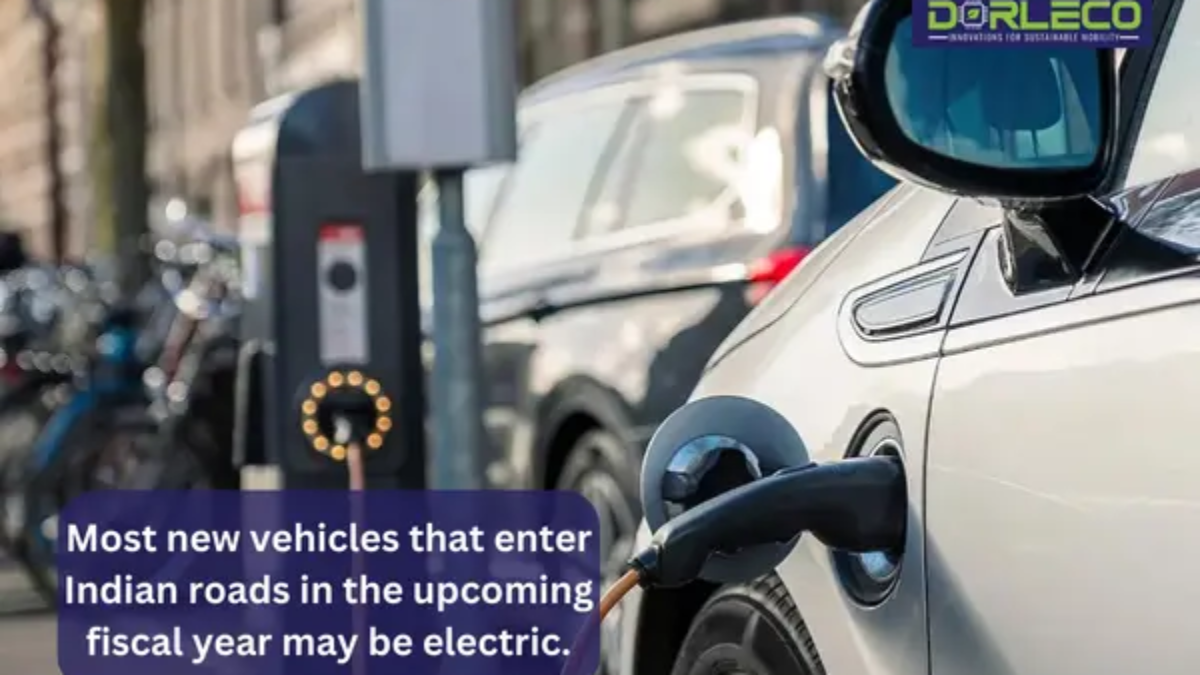Twelve of the fourteen new auto brands that will make their debut in the upcoming fiscal year will be electric, in line with the government’s 2030 goal of one-third of vehicle sales being electric. Mass adoption might be hampered by issues with infrastructure and pricing, though. Experts in the industry predict a slight rise in volume, with a higher proportion of electric vehicles in the mix of vehicles sold. Sales of passenger cars are expected to increase by 3-5% overall in FY25.
Twelve of the fourteen new auto brands that will go on sale in the upcoming fiscal year will be electric, as automakers align themselves with the government’s target of having battery electric vehicles (BEVs) account for one-third of sales by 2030. Industry executives stated that the new nameplates are not expected to play a significant role in increasing overall volumes.
This is even though the eight models that have been released thus far in the current fiscal year will be much surpassed by the total number of new models planned for FY25, all of which will have gasoline or diesel engines, highlighting the industry’s significant reliance on fossil fuels.
Analysts and industry experts stated that before EVs become widely adopted in the cost-conscious Indian market, issues with affordability, range anxiety, and inadequate charging infrastructure must be resolved.
For EVs, which presently account for less than 4% of the auto market, the volume increase would be minimal in contrast to their gasoline or diesel counterparts, which may experience a significant segmentation shift with the introduction of a fully new model.
“On average, new models contributed 28,000 units each month during the current fiscal year. The incremental push from new models in FY25 is probably only going to be 10,000 units per month, according to senior executive officer Shashank Srivastava of Maruti Suzuki, the biggest automaker in the nation. He ascribed it to the greater proportion of electric vehicles in the overall model lineup in the upcoming fiscal year.
According to Shailesh Chandra, MD of Tata Passenger Vehicles and Tata Passenger Electric Mobility (TPEM), the net effect of industry and macro factors such as GDP growth, inflation, fuel prices, pent-up demand, channel inventories, etc. will decide the growth in industry volume. However, because of their increasing popularity and the anticipated release of new models this year, the segmental mix will be more favorable to EVs and CNG.
In an effort to meet their carbon reduction targets, the top five passenger vehicle manufacturers in India, by volume, are Maruti Suzuki India, Hyundai Motor India, Tata Motors, Mahindra & Mahindra, Kia Motors India, MG Motor India, and BYD. These companies have planned to introduce BEVs into their lineup for the upcoming fiscal year.
According to N Chandrasekaran, chairman of Tata Motors, EVs won’t cause a significant segmentation shift in demand, with macroeconomic issues driving the larger auto market.
Analysts and industry executives predict that domestic PV sales will expand by 7–8% at the conclusion of the current fiscal year. However, because of the large base and other reasons, this growth is anticipated to reduce to 3-5% in FY25.

